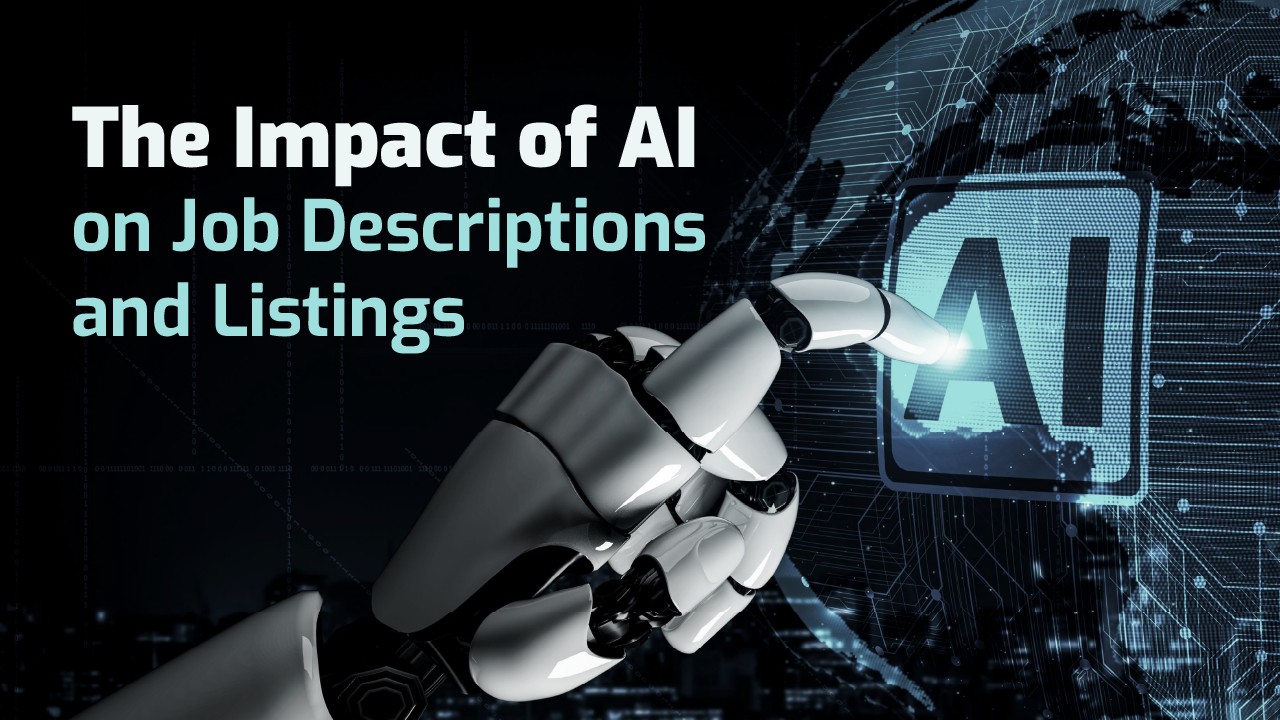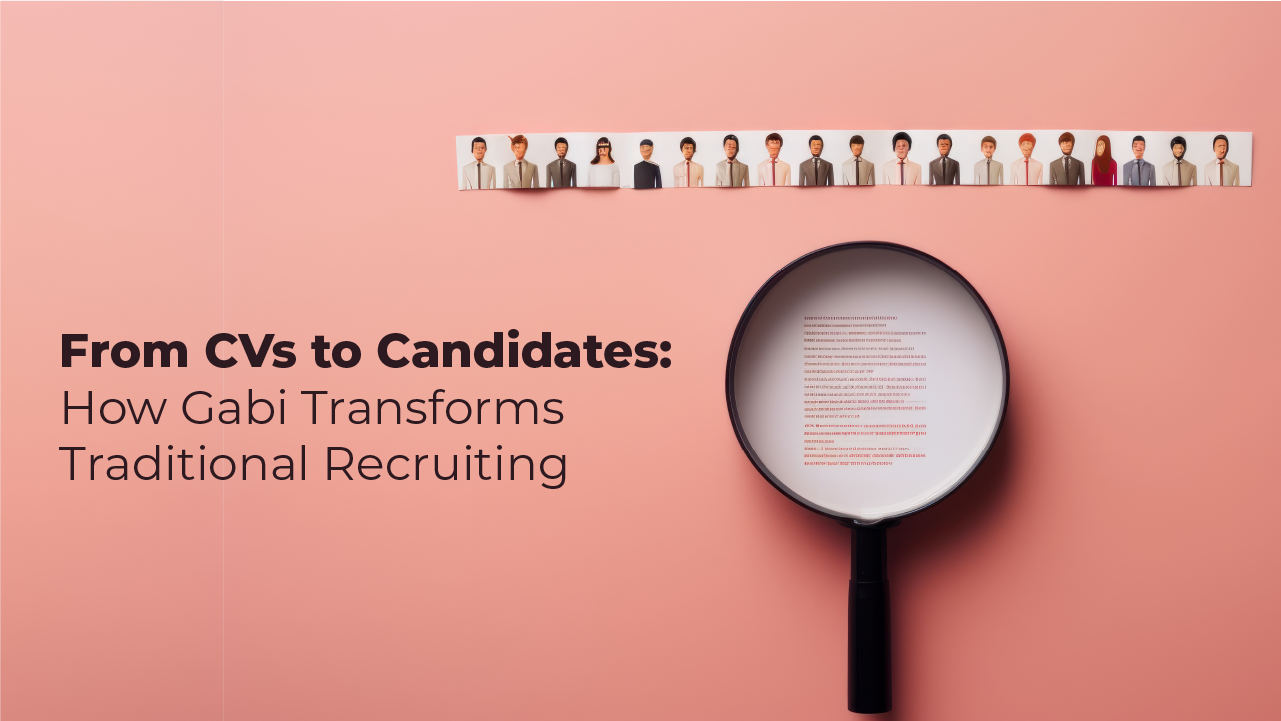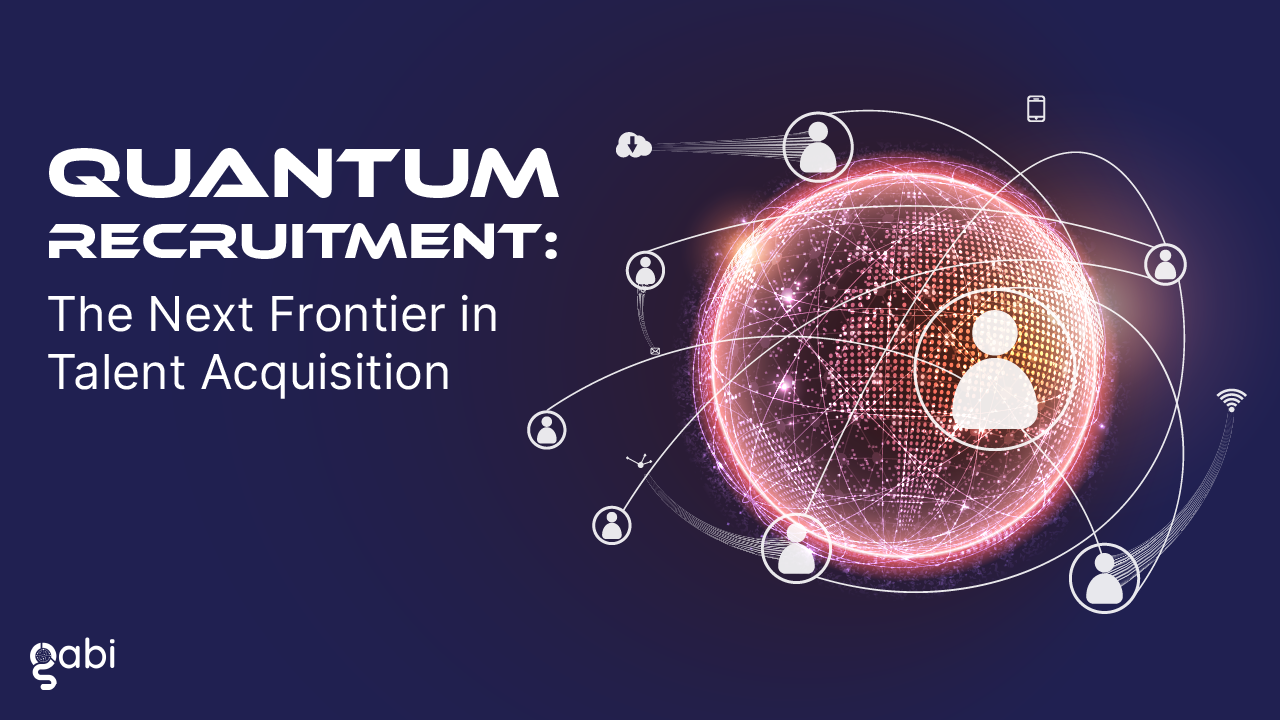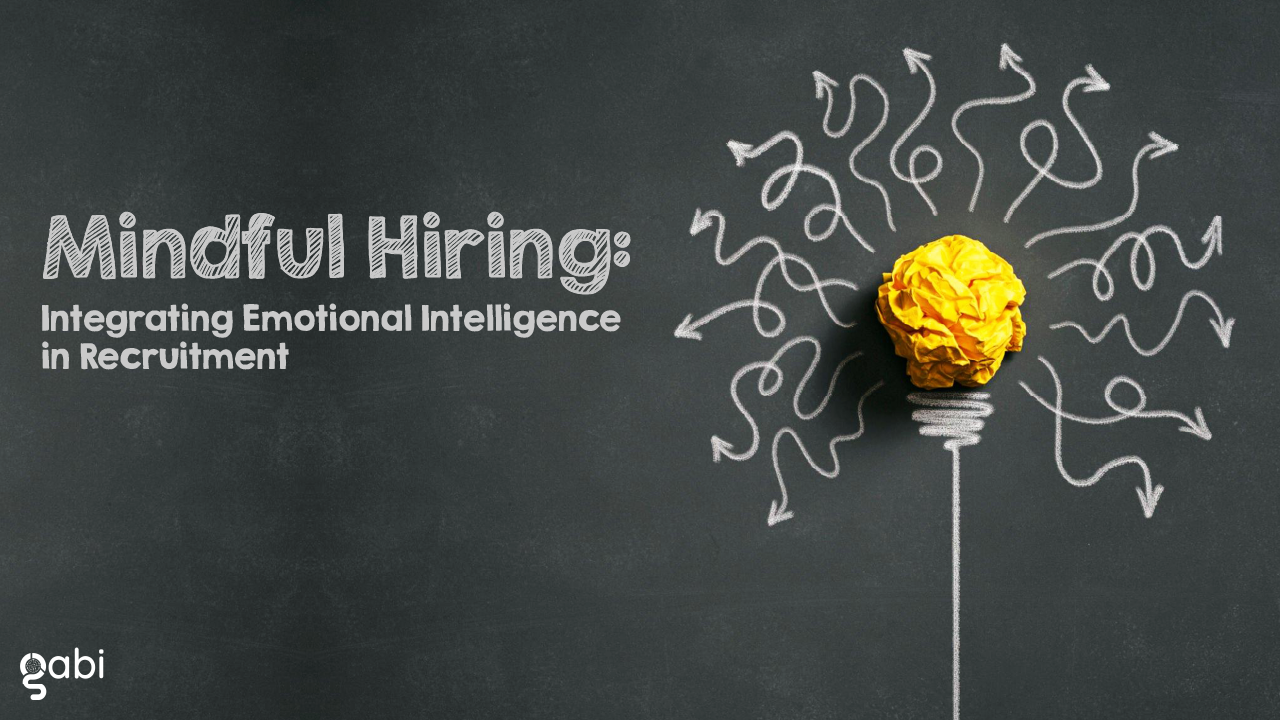Nowadays, one thing’s for certain — the integration of artificial intelligence (AI) has brought about transformative changes, particularly in the way that job descriptions are crafted and listings are presented.
This article delves into the evolution of job descriptions in the age of AI, explores how AI is changing the landscape of job listings, highlights the advantages of using AI for job description creation, and concludes with insights into the ongoing impact of AI on the recruitment process.
Evolution of Job Descriptions in the Age of AI
Before the rise of technology, job descriptions were brief descriptions of the responsibilities, qualifications, and expectations linked to a specific role. However, with the advent of AI, job descriptions have undergone a dynamic transformation.
Dynamic and Personalized Job Descriptions
Here are three ways in which AI can help develop more straightforward job descriptions:
- Tailored for Individual Candidates: AI algorithms can analyze vast datasets to understand the specific skills, experiences, and attributes that lead to success in a role. This enables the creation of job descriptions that are tailored to the individual candidate, considering their unique strengths and qualifications.
- Adaptability for Different Roles: AI-powered tools can dynamically adjust job descriptions based on the level of the position, industry requirements, and the specific needs of the company. Whether it’s an entry-level position or a senior role, AI ensures that the description aligns with the expectations for the given job.
- Incorporating Soft Skills: Beyond hard skills and qualifications, AI can analyze the language used in successful candidates’ profiles to identify and incorporate essential soft skills into job descriptions. This aids in drawing in candidates who not only have the required technical skills but also align well with the company’s culture.
How AI is Changing the Landscape of Job Listings
Job listings are the first point of contact between job seekers and companies. AI has revolutionized the way these listings are presented and how candidates engage with them.
Enhanced Search and Match Algorithms
Here are three reasons why you should opt to use AI for job listings:
- Precise Job Matching: AI utilizes advanced algorithms to match job listings with the most suitable candidates. This guarantees that candidates apply for jobs closely matching their skills, experience level, and career objectives.
- Location and Remote Work Preferences: AI can factor in location preferences, enabling job seekers to find opportunities that match their desired geographic locations. Additionally, with the rise of remote work, AI-powered job listings can highlight positions that offer flexibility in work arrangements.
- Experience Level Customization: Whether a candidate is entry-level, mid-career, or a seasoned professional, AI can customize job listings to reflect the appropriate experience level. This ensures that candidates are not overwhelmed by roles that are too advanced or disinterested in positions that are too entry-level for their expertise.
The Advantages of Using AI for Job Description Creation
The integration of AI into the creation of job descriptions brings forth numerous benefits for both employers and job seekers.
Optimizing the Recruitment Process
Here’s how AI has the power to optimize your job descriptions:
- Efficiency in Creation: AI streamlines the process of creating job descriptions by automating the extraction of key information from existing templates and datasets. This effectiveness conserves time for HR professionals, enabling them to concentrate on strategic aspects of the recruitment process.
- Reducing Bias: AI algorithms are designed to minimize biases in language and presentation, contributing to more inclusive job descriptions. This is critical in attracting diverse candidates and promoting a fair hiring process.
- Improved Candidate Experience: Personalized and dynamic job descriptions contribute to a better candidate experience. Job seekers receive information that is relevant to their unique skills and experiences, leading to more meaningful engagement with job listings.
- Data-Driven Insights: AI gathers and scrutinizes data regarding the performance of job listings. This approach driven by data offers insights into the effectiveness of specific language, requirements, or formats, facilitating ongoing optimization for superior results.
Conclusion
The impact of AI on job descriptions and listings is undeniable, reshaping the way organizations attract and engage with talent. The evolution from static job descriptions to dynamic, personalized content reflects a more sophisticated and candidate-centric approach to recruitment.
Gabi’s advanced algorithms streamline candidate evaluation through precise talent ranking and act as your personal resume aggregator, presenting the most qualified candidates effortlessly.
Seamless automated communication, a mobile application for on-the-go connectivity, and integration of technical assessments elevate your hiring standards. Learn more by visiting our website!





